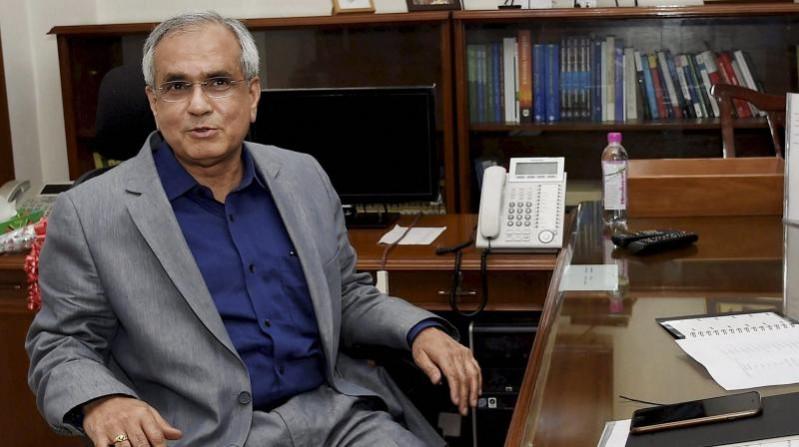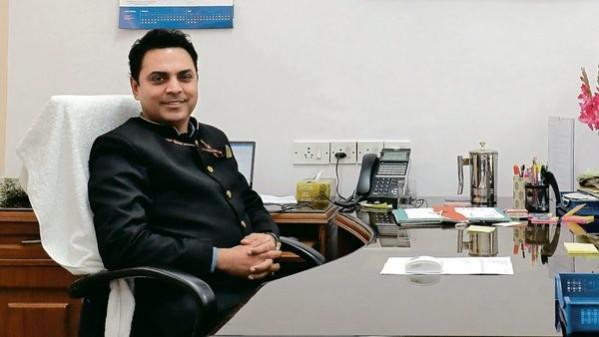
Indian economy is slowing down to an alarming level. Almost all the sectors from Auto to FMCG is witnessing subdued demand. Initially denying any major issues, the government finally accepted that the economy needs an overhauling. NITI Aayog Vice-Chairman Rajiv Kumar on Thursday called for extraordinary steps to deal with a slowdown in the country's financial sector, which has been the key issue for economic de-growth.
Indirectly, Rajiv Kumar put the ball in the central government's court to take measures to spur economic growth. However, in complete contrast, the government's chief economic adviser (CEA) Krishnamurthy Subramanian argued against any bailout package and termed it as "moral hazard". As per a report in The Times of India, the difference between two major office bearers of government is critical as it is running out of options to revive the economy, which is facing slowdown and job losses across sectors.
Kumar said the country has not faced such a situation in the past 70 years of its independence and urgent intervention is required to infuse growth as the entire financial sector is under stress. Kumar said, "Nobody is trusting anybody else... within the private sector nobody is ready to lend, everyone is sitting on cash...you may have to take steps which are extraordinary." He highlighted indiscriminate lending by financial institutions between 2009 and 2014 as a key reason behind stress in the financial sector.

Meanwhile, CEA Subramanian had a completely different viewpoint on infusing stimulus to spur growth. But, Subramanian seemed to differ with Kumar's views on providing a stimulus to accelerate growth.
"Since 1991 we are a market economy, and in a market economy, there are sectors which go on sunrise and then go through the sunset phase. If we basically expect the government to use taxpayers' money to intervene every time when there are some 'sunsets,' then I think you introduce possible moral hazards from 'too big to fail' and as well as the possibility of a situation where profits are private and losses are socialized, which is basically an anathema to way the market economy functions,'' he argued.
India Inc has been demanding a stimulus package from the government to revive growth and prevent job losses. The auto sector that has registered double-digit growth for more than a decade is now struggling with production cut and job losses to subdued demand. Many in the industry as well as in government are voicing against a package. Rajiv Bajaj, MD of Bajaj Auto have argued that the industry should first look at their own shortcomings before asking any fiscal stimulus. Similarly, Power secretary Subhash Chandra Garg argued that rather than providing a fiscal stimulus, the government should cut interest rates and make credit available to supply money in the financial sector.














